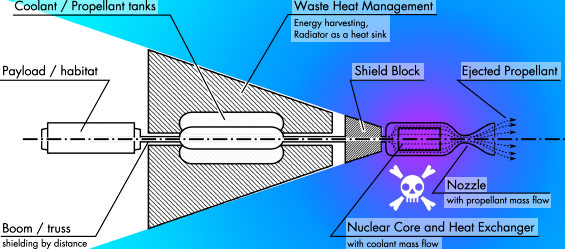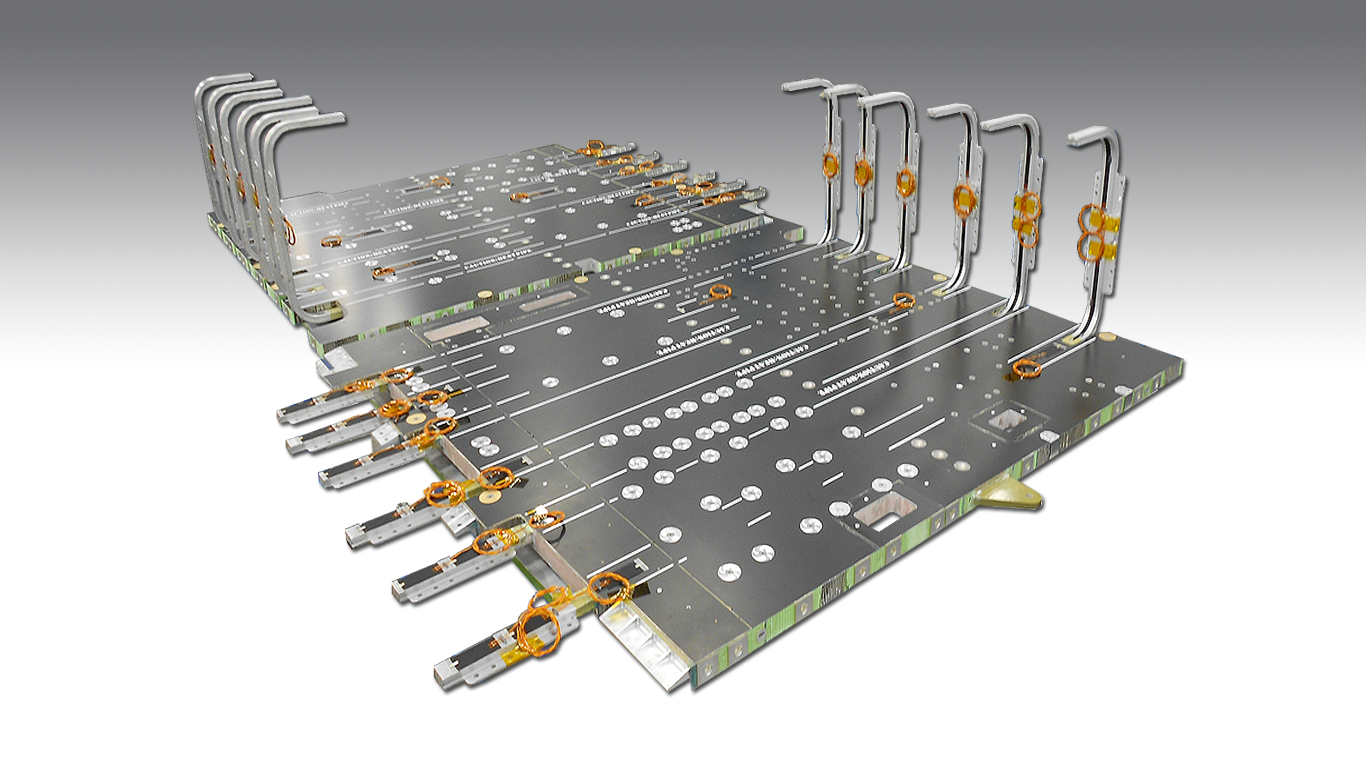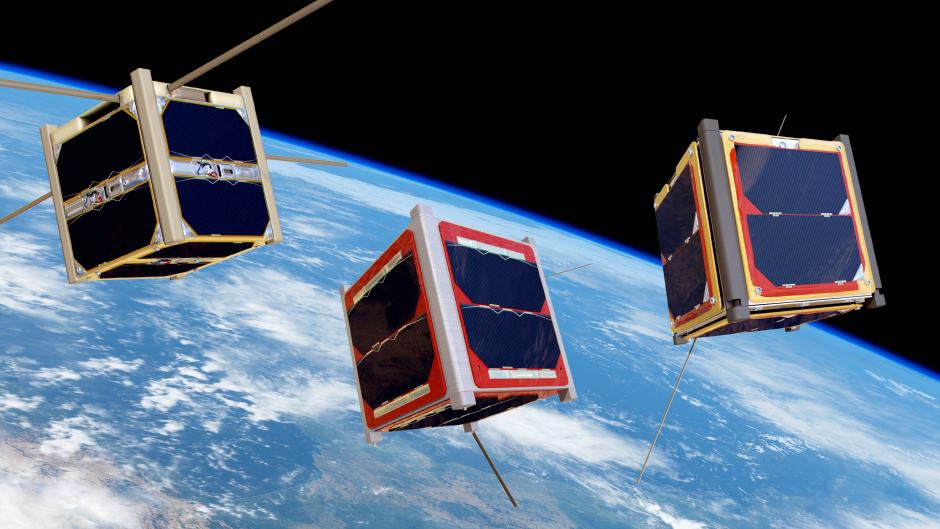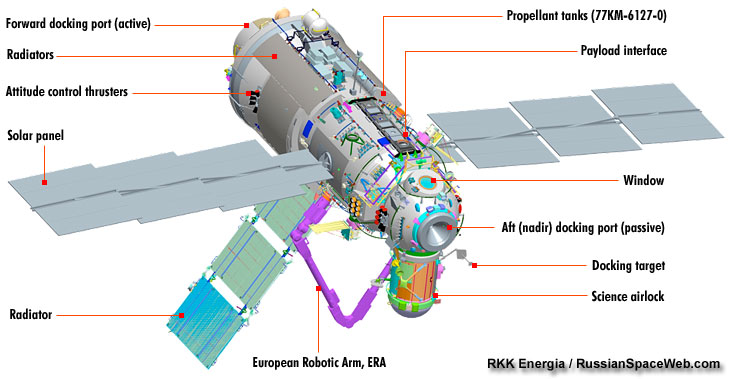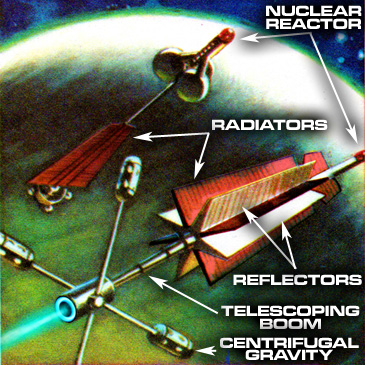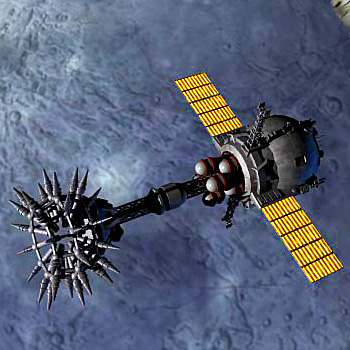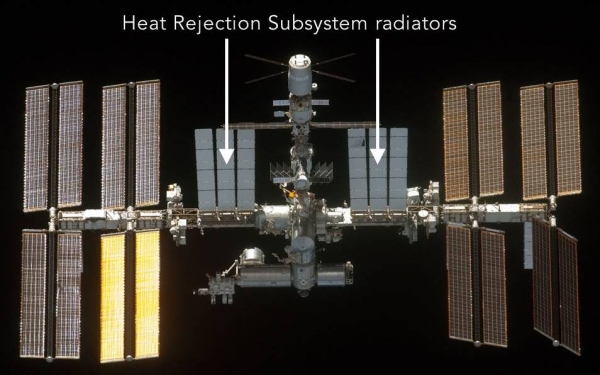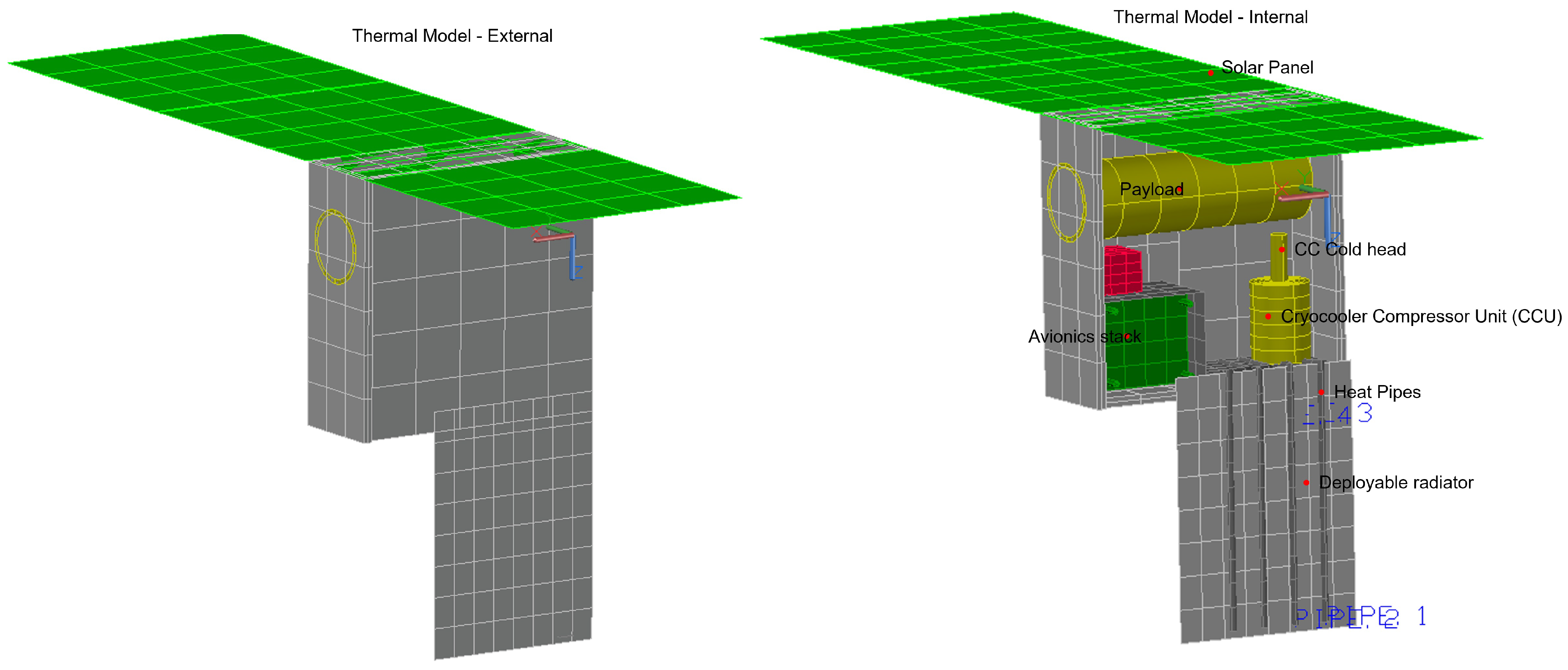
Applied Sciences | Free Full-Text | Passive Thermal Control Design Methods, Analysis, Comparison, and Evaluation for Micro and Nanosatellites Carrying Infrared Imager

Why can we not just put radiators or heatsinks on the outside of space vehicles for cooling electronics in space? - Quora
Red hot glowing radiators and RCS quads... Feels refreshing getting some actual realism in a triple A sci fi game for once. : r/Starfield
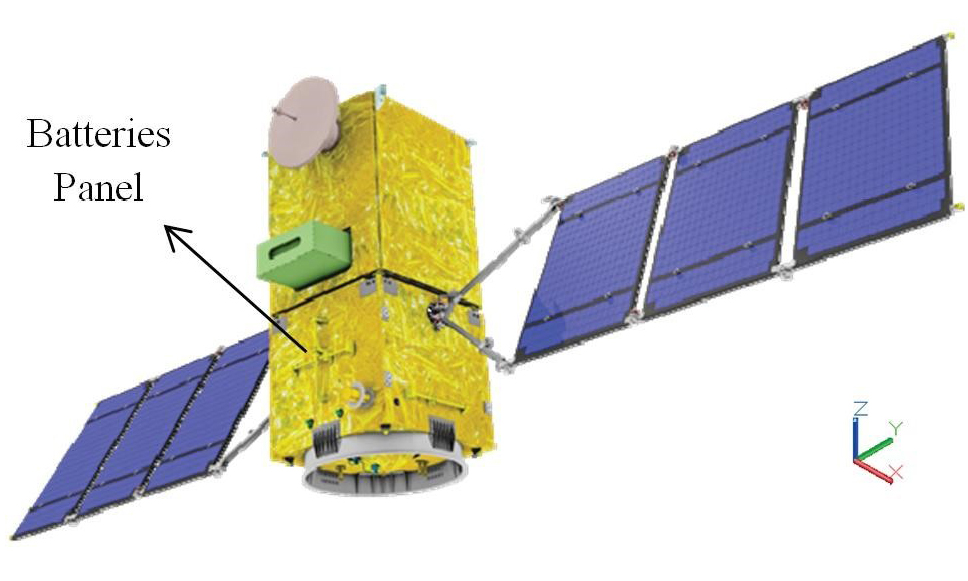
Thermal Control: How to get the best results from satellite radiator system optimization? - SciELO in Perspective | Press Releases

materials - Why aren't the ISS's nor Space Shuttle's radiators black? - Space Exploration Stack Exchange

